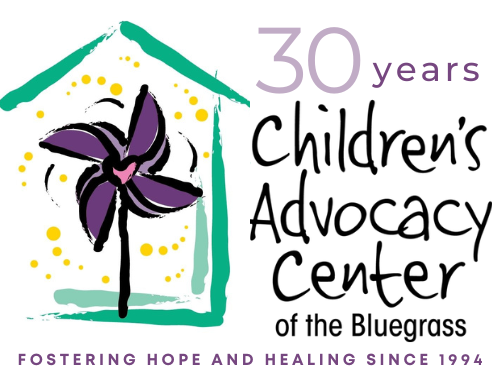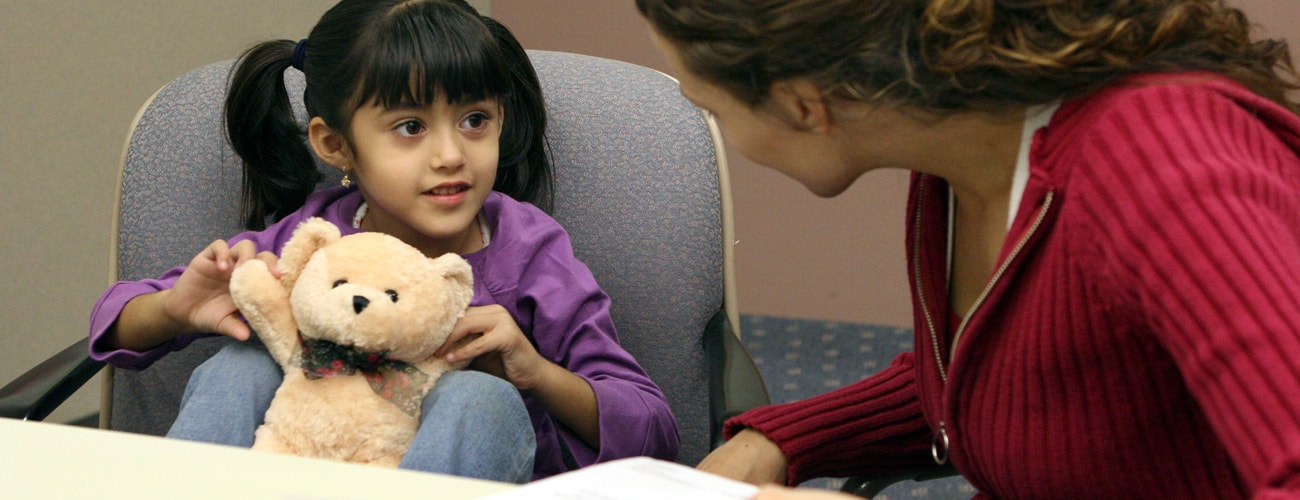Forensic Interviews
Forensic Interviews are supportive, non-leading conversations designed to gather information about what a child has experienced or witnessed. Interviewers at the Children’s Advocacy Center of the Bluegrass are neutral professionals who are specially trained to talk to and interact with children. The interview is conducted to gather factual information regarding the abuse allegations.
Each interview is recorded and investigators assigned to the case observe from a separate room. As the child participates in the forensic interview, caregivers have the opportunity to meet with a family advocate. Interviews are conducted at the Center in a safe, child-friendly environment to limit the number of times a child must recount their story of abuse. We aim to ensure the safety of the individual child as well as others at risk.

